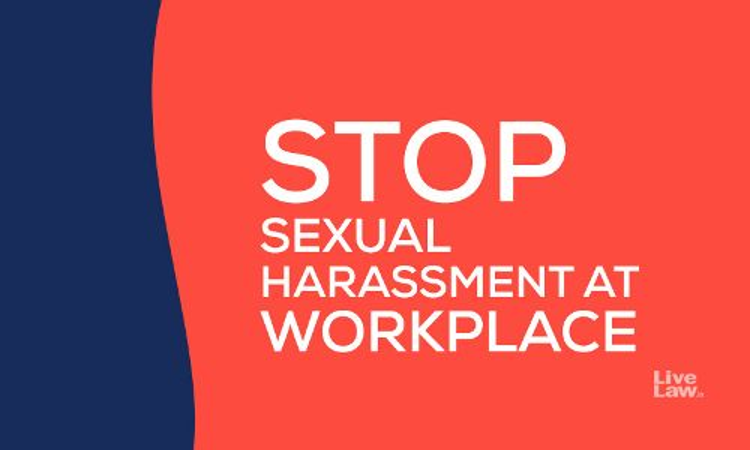Delay In Filing Appeal U/S 18 Of POSH Act Can Be Condoned U/S 5 Limitation Act: Delhi High Court
Nupur Thapliyal
26 July 2022 10:45 AM IST

Next Story
26 July 2022 10:45 AM IST
The Delhi High Court has observed that under the Sexual Harassment of Women at Workplace (Prevention, Prohibition and Redressal) Act, 2013 (POSH Act/ SHW Act), a victim's delay in filing appeal against the inquiry report can be condoned if such a delay is properly explained. Justice C Hari Shankar added that sec. 5 of the Limitation Act (which provides for extension of prescribed period...
